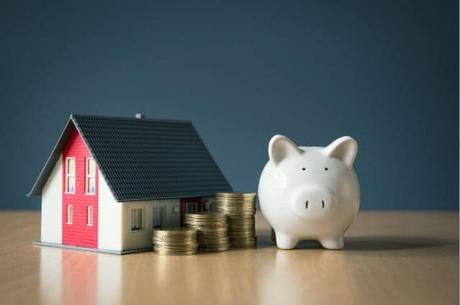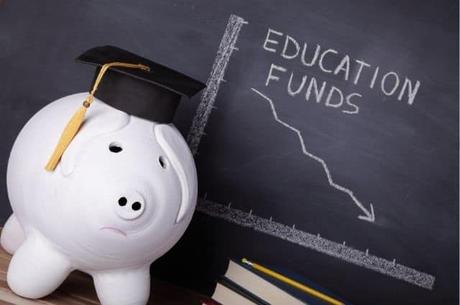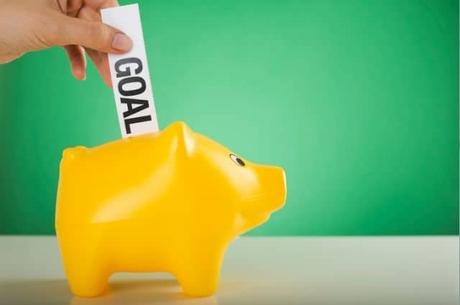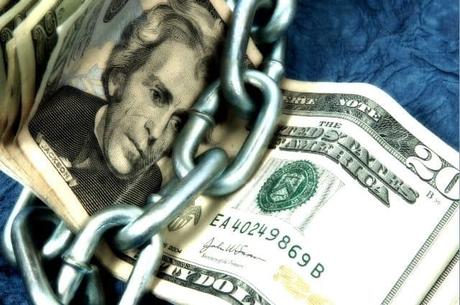As a single parent, the responsibilities are almost limitless. Raising the children, holding down a job, and maintaining your home can overwhelm anyone. On top of that, you also have to manage your finances. Aside from taking care of your children, maintaining financial stability is important. Unfortunately, a lot of single parents struggle with trying to find the right balance with their finances. Here is how you can manage your finances as a single parent.

Cut Off Any Joint Debt with Your Ex
If you and your child's other parent had accumulated debt during the course of your marriage, paying it off should be your first priority. Joint debts are created when you and the person you're with taking out a loan or sign a financial agreement, like a lease. A misconception people have about joint debts is that they think it's split among each person. The way joint debts actually work is that both people are responsible for the entire amount that's owed.

So, even though you and your ex-partner are no longer with each other, joint debt can still rope you two together. What's worse is that if your ex is petty enough, they can shove the entire responsibility on you while they get off without paying a cent. Whatever debt you owe, just pay it off as quickly as possible, so it can't be held against you later.
Get the Necessary Funds to Eliminate Debt
The debt you accrue by yourself and joint debt are two different things. In fact, paying off debt is one of the biggest challenges you can face. The primary reason why paying off outstanding debt is so difficult is the lack of necessary funds. It's not easy, especially for a single parent, to juggle financial responsibilities while trying to keep savings in the bank.

If you're struggling to pay your student loan debt, for example, consolidating it is a valid option. First, you'll need to know how much you owe. You can do this by utilizing a student loan repayment calculator. Once you have a better understanding of your debt, contact a reputable private lender. They can provide you with a private loan, which can be used as a new way of paying your debt. Similar to the student loan repayment calculator, a student loan consolidation calculator can make it easier to make monthly payments.
Figure Out Your Goals
Another reason why it can be difficult to manage your finances as a single parent is the lack of goals. If you don't have something to strive for, it's easy to spend a lot of money without realizing it. A financial goal is similar to a budget where you keep a small sum of money in reserve. It also helps keep you focused and organized. A financial goal can be practically anything ranging from an expensive pair of quality shoes to major home renovations. Regardless of what your goal is, it can help motivate you to save and cut down on unnecessary expenses.

Embrace Your Frugalness
Speaking of cutting down on unnecessary expenses, there's nothing wrong with becoming a bit more frugal, especially since you're a single parent. It can cost a lot to take care of a single child, let alone multiple. As such, you're going to need every cent you can get to ensure their well-being. Frugality is often given a bad reputation because it's technically considered a character flaw.

However, frugalness isn't as bad as you think. In truth, it is more of a benefit rather than deterrence. Examples of being frugal include using coupons to purchase your groceries, buying your clothes at a second-hand shop, and using generic products. That's what frugality is; getting more for your money, for less. It's a fantastic way to save money, sharpen your discipline skills and keep yourself from making any empty purchases that don't add value to your overall financial picture.
Avoid Overusing Credit Cards
Credit cards are known for being a great resource. While they offer an instant solution to many financial problems, overusing them can cause more harm than good. The problem with credit cards is that you do need to repay what you spend. So, the more you spend on a credit card, the more you have to pay back with interest. How much you have to pay back depends on your credit limit and current interest rate. The interest is then tacked on along with the original payment.

Being reckless with credit cards not only causes more debt, but it can also negatively impact your credit score. Your credit score is another essential aspect of life. Good credit helps you secure a mortgage, rent an apartment and even get a personal loan. If you're in a tight spot financially, stay away from credit cards and only use them if absolutely necessary.



